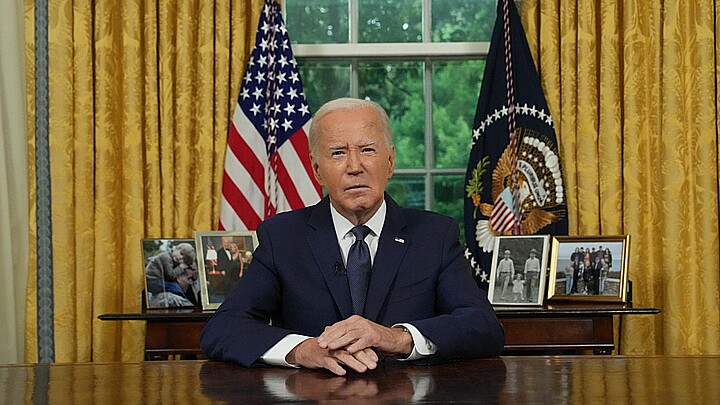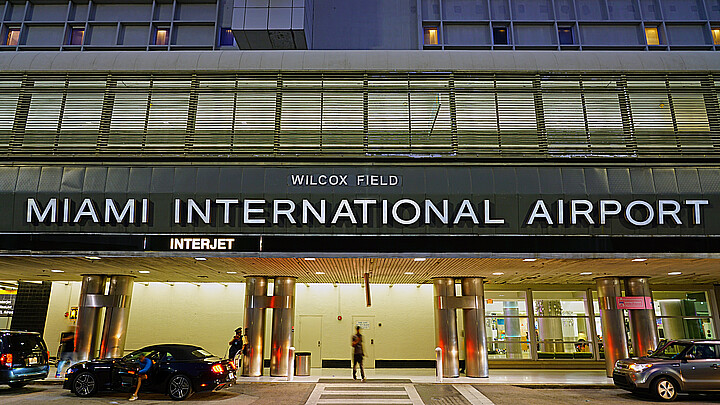Politics
CIA botched Havana Syndrome investigation, says new inspector general report
A new inspector general report sent to Congress this week says the Central Intelligence Agency (CIA) poorly handled initial reports of personnel suffering from injuries called Havana Syndrome, according to U.S. officials and press reports
October 15, 2022 11:22am
Updated: October 15, 2022 2:33pm
A new inspector general report sent to Congress this week says the Central Intelligence Agency (CIA) poorly handled initial reports of personnel suffering from injuries called Havana Syndrome, according to U.S. officials and press reports.
The IG report outlined how people familiar with the findings chastised the CIA’s physicians in the Office of Medical Services after the first cases arose in 2016 and thereafter. CIA officials expressed skepticism about the Syndrome and as a result, many purported victims had trouble getting immediate medical treatment.
In January, an interim report produced by the CIA said it was unlikely the injuries were part of a foreign attack or “sustained worldwide campaign.”
Since the attacks began, intelligence officials and diplomats have reported experiencing unusual symptoms in 2016 in Havana. Although those early reports arose in Cuba, other incidents have impacted American personnel in countries such as Austria, China, Serbia and other countries.
Some of the victims have given interviews on national and international television to express their belief that a foreign power—namely Russia—is behind the attacks. They have equally expressed dismay at those who have doubted the injuries are real or part of a foreign attack.
While the CIA would not comment on the classified report sent to Congress, a spokeswoman said the IG report examined events from 2016-2020 and conceded it targeted concerns with how the intelligence agency handled the situation.
“The review found the challenge of simultaneously understanding and effectively responding to the myriad of challenges associated with anomalous health incidents complicated the agency’s response during this time period,” said CIA spokeswoman Susan Miller in a statement.
Marc E. Polymeropoulos, a former CIA officer who experienced Havana syndrome symptoms in 2017 during a trip to Moscow urged officials to release the report as soon as possible.
“It is imperative the report be released to the public as victims deserve to know what actually occurred,” according to the New York Times. “The delay in health care that many suffered complicated their recovery.”
The CIA’s Office of Medical Services has been the subject of criticism by its own agents and officials who complained about Havana Syndrome. The intelligence agency was also influenced by an FBI assessment that speculated the Syndrome may just be psychosomatic.
But since then, a new study by outside experts supervised by Office of the Director of National Intelligence and National Security Council says victims’ injuries to the brain cannot be explained by stress or other psychological illness.
Once in charge, CIA director, William J. Burns replaced the top official for the agency’s Office of Medical Services while also making arrangements for agency officials to see brain injury experts at the Walter Reed National Military Medical Center.
In the statement released from the CIA, the agency said it was working to help those who have reported having Havana Syndrome.
“As we learn from the past and look to the future, we have expanded access to care and resources significantly over the past year and a half,” Miller said in the CIA statement.
Since Burns took the helm, the agency has been looking into what happened with a new team. They have not yet found evidence of a foreign attack, but they are also considering directed energy and radio wave weaponry as causes.










